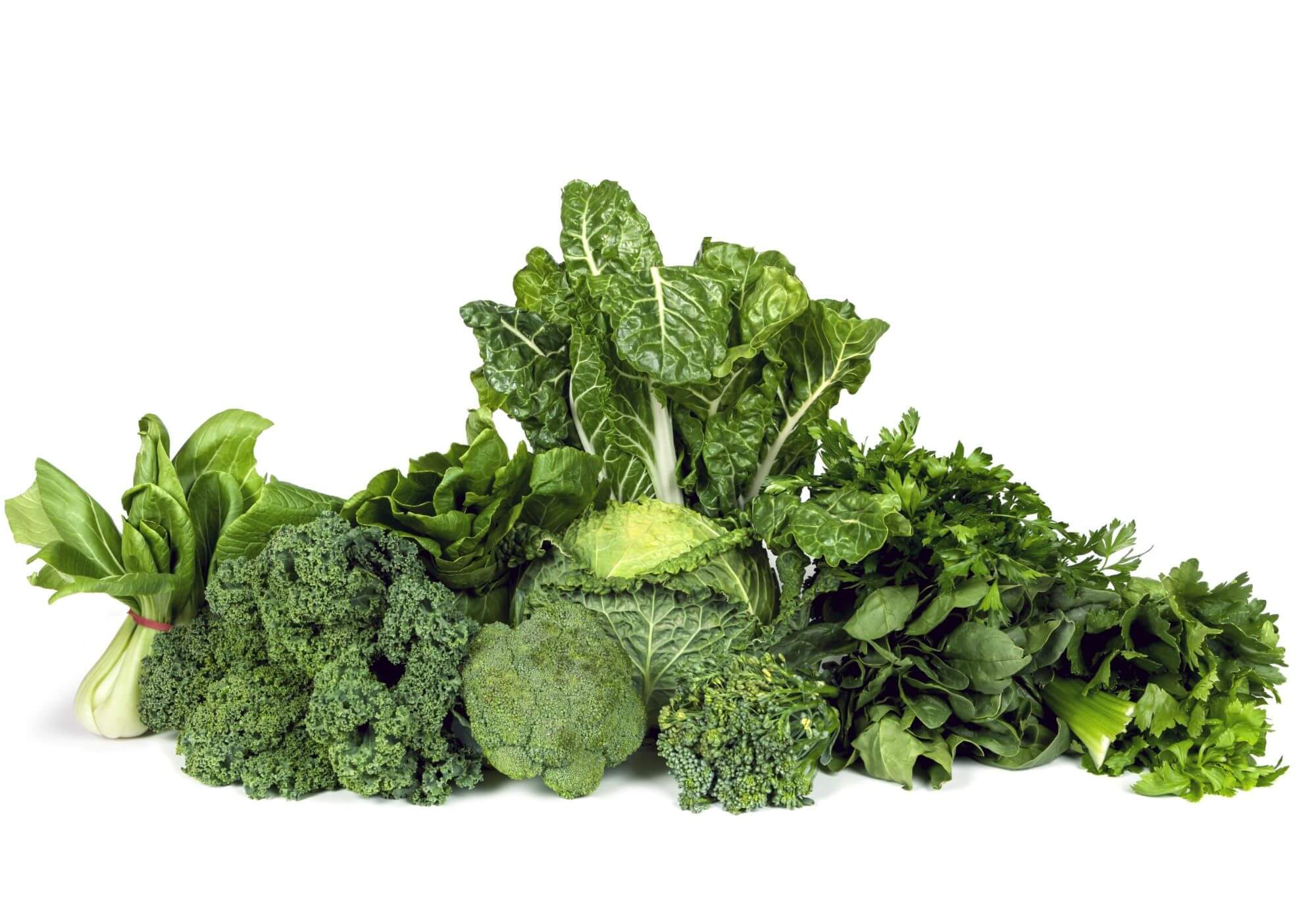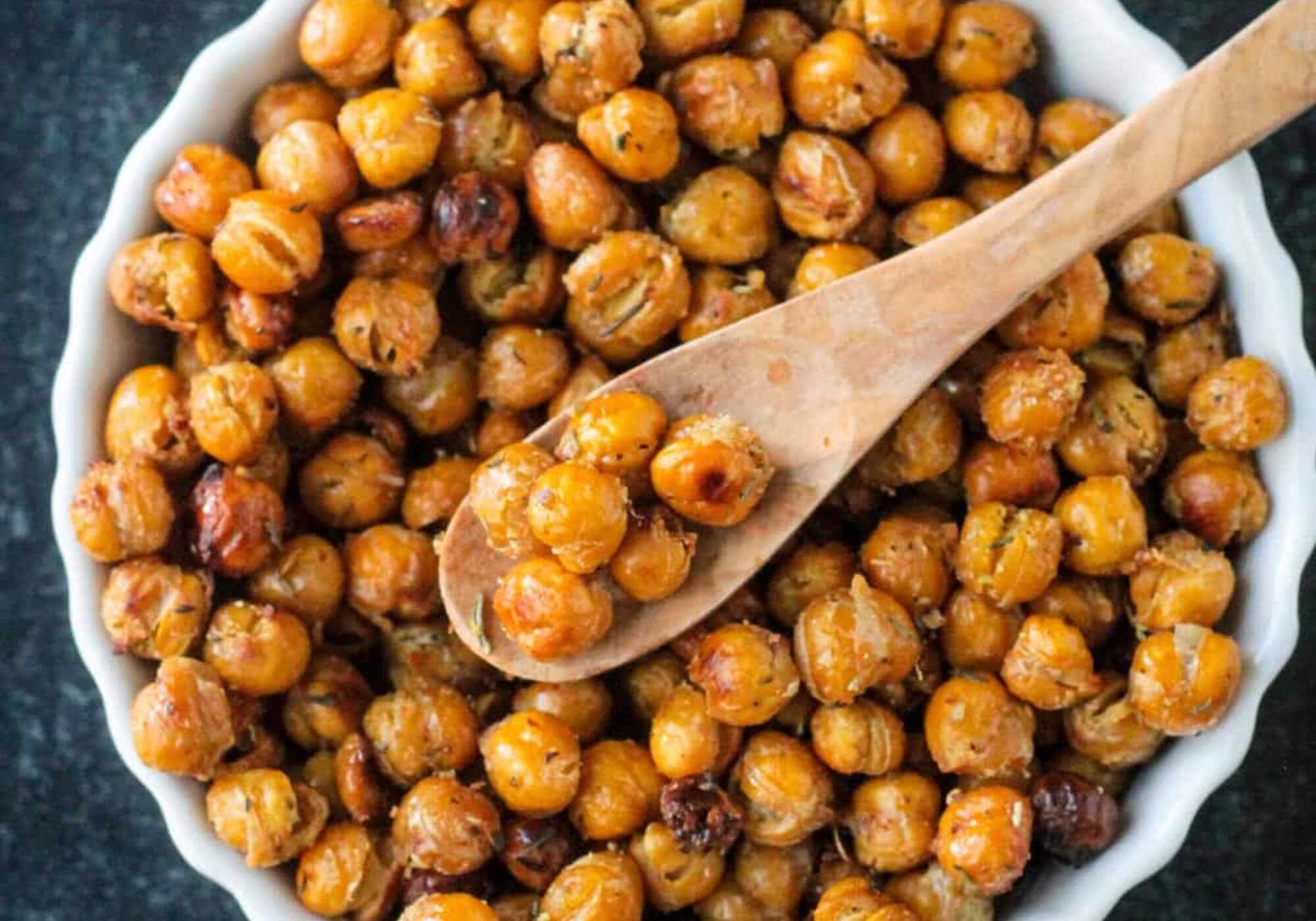What’s the Difference Between a Plant-Based and Vegan Diet?
Written By -
on February 15, 2025

What Exactly is a Plant-Based Diet?
If you’ve ever heard the term “plant-based diet” and wondered what it really means, you’re not alone. A plant-based diet is a way of eating that focuses on consuming whole, minimally processed foods that come from plants. This means plenty of fruits, vegetables, nuts, seeds, whole grains, and legumes are on the menu. While some plant-based eaters still incorporate small amounts of animal products, the key idea is that the majority of their meals are made up of plants.
Unlike strict dietary labels, a plant-based diet is more of a flexible lifestyle choice rather than a set of hard rules. Some people may follow a plant-based diet for health reasons, such as improving heart health, lowering cholesterol, or managing weight. Others may simply prefer the taste and variety that plant-based foods provide. Whatever the reason, the focus is always on maximizing plant foods while minimizing processed ingredients and animal products.
One of the biggest benefits of a plant-based diet is its emphasis on whole foods, which are rich in essential vitamins, minerals, and fiber. Because it avoids ultra-processed foods and encourages nutrient-dense meals, this diet can improve overall health. However, it still allows for some flexibility, meaning that occasional meat, dairy, or eggs don’t necessarily make someone “not plant-based.” The main goal is always to eat more plants!
What Does it Mean to Be Vegan?
A vegan diet goes a step further than a plant-based diet by eliminating all animal products entirely. This means no meat, fish, poultry, dairy, eggs, or even honey. Veganism isn’t just about diet; it’s also a lifestyle choice that seeks to avoid any form of animal exploitation. Many vegans also choose not to wear leather, use products tested on animals, or consume anything derived from animals.
Unlike a plant-based diet, which allows some flexibility, a vegan diet follows strict guidelines. There’s no “mostly vegan” or “part-time vegan” option—you either consume animal products or you don’t. Many people adopt a vegan diet for ethical reasons, wanting to reduce harm to animals and lessen their impact on the environment. Others go vegan for health reasons, as research suggests that eliminating animal products can reduce the risk of heart disease, high blood pressure, and certain cancers.
A well-balanced vegan diet is packed with nutrients, but it does require careful planning. Since vegans don’t consume animal products, they need to find alternative sources of essential nutrients like vitamin B12, iron, and omega-3 fatty acids. Fortunately, plenty of plant-based options can provide these, from fortified foods to supplements, ensuring that a vegan diet remains nutritious and sustainable.
How Are a Plant-Based and Vegan Diet Similar?
At first glance, a plant-based and vegan diet might seem identical, and in many ways, they do overlap. Both emphasize plant foods, reducing or eliminating processed ingredients, and prioritizing nutrient-rich meals. If you’re eating a mostly plant-based diet, chances are, you’re already consuming a lot of the same foods as a vegan.
One of the main similarities is that both diets promote better health outcomes. Research has consistently shown that diets rich in fruits, vegetables, and whole grains can lower the risk of chronic diseases. Whether you’re plant-based or vegan, you’re likely eating more fiber, consuming fewer processed foods, and benefiting from the natural antioxidants found in plants.
Another similarity is that both diets can have a positive impact on the environment. Producing plant-based foods generally requires fewer resources than raising animals for food. This means both diets contribute to a lower carbon footprint, less deforestation, and a reduction in greenhouse gas emissions. So whether you call yourself plant-based or vegan, your food choices are making a difference!
What Are the Key Differences Between These Diets?
The biggest difference between a plant-based and vegan diet lies in flexibility. A plant-based diet primarily focuses on plants, but it doesn’t necessarily eliminate animal products entirely. Someone following a plant-based diet might occasionally eat dairy, eggs, or even lean meat while still maintaining a diet that is mostly centered on plants.
A vegan diet, on the other hand, is completely animal-free. There are no exceptions. If you follow a vegan lifestyle, you avoid all animal-derived foods and products. This means no cheese, no honey, no gelatin, and certainly no meat. Veganism also often extends beyond food to include lifestyle choices such as avoiding leather, wool, and cosmetics tested on animals.
Another key difference is motivation. While some plant-based eaters choose their diet primarily for health reasons, veganism is often rooted in ethical beliefs about animal rights and sustainability. That’s not to say that plant-based eaters don’t care about animals or the environment, but their motivation is usually more health-focused rather than an ethical stance against animal consumption.

Which Diet is Better for Your Health?
If you’re wondering which diet is healthier, the answer depends on how well it’s planned. A whole-food, plant-based diet that minimizes processed ingredients and includes a variety of vegetables, fruits, and legumes is packed with health benefits. It can help reduce the risk of heart disease, lower cholesterol levels, and even aid in weight loss.
A vegan diet can also be extremely healthy when done correctly. Eliminating animal products means avoiding saturated fats found in meat and dairy, which can improve heart health. However, vegans need to be mindful of their nutrient intake to ensure they get enough protein, vitamin B12, iron, and calcium from plant sources or supplements.
Ultimately, both diets can be incredibly beneficial when properly balanced. Whether you choose a plant-based or vegan approach, the key is to focus on whole, nutrient-rich foods and avoid processed junk. Your body will thank you either way!
Should You Go Plant-Based or Vegan?
The decision between a plant-based and vegan diet comes down to personal preference and lifestyle goals. If you want a flexible approach that allows for occasional animal products while still prioritizing plant foods, a plant-based diet might be the best fit for you. It offers many of the health benefits of a vegan diet without requiring complete restriction.
On the other hand, if you’re passionate about animal rights and want to eliminate all animal products from your life, a vegan diet aligns with those values. Veganism is more than just a diet—it’s a lifestyle commitment that goes beyond food choices and into ethical considerations.
Whichever path you choose, the most important thing is to listen to your body, educate yourself about nutrition, and find a way of eating that works for you. Whether you go plant-based or fully vegan, incorporating more plants into your diet is always a win for your health and the planet!
Can You Transition from a Plant-Based to a Vegan Diet?
Transitioning from a plant-based diet to a fully vegan lifestyle is a journey that requires patience, education, and a mindful approach. Since plant-based eaters already consume a diet that prioritizes plants, the shift to veganism primarily involves cutting out the remaining animal-derived products, such as dairy, eggs, and honey. The key to a successful transition is to make gradual changes rather than attempting an overnight switch. This could mean replacing dairy milk with plant-based alternatives, swapping out eggs in baking, or opting for vegan cheese and butter substitutes.
One of the biggest challenges in this transition is ensuring proper nutrition. While plant-based eaters already get a wealth of vitamins and minerals from whole foods, vegans need to be particularly mindful of nutrients like vitamin B12, iron, and omega-3 fatty acids, which are primarily found in animal products. Fortified plant-based foods, such as nutritional yeast, plant milks, and algae-based supplements, can help meet these needs. Learning to read ingredient labels and researching hidden animal-based additives can also make the transition smoother.
Another crucial aspect of transitioning to veganism is addressing the lifestyle changes that go beyond diet. Veganism often extends to avoiding animal-derived clothing, beauty products, and household items. Gradually phasing out leather, wool, and products tested on animals can help align one’s lifestyle with vegan ethics. Finding support within the vegan community, experimenting with new recipes, and staying informed about ethical choices can make the process both rewarding and sustainable in the long run.
Making the transition from a plant-based diet to a fully vegan lifestyle can seem overwhelming, but it’s entirely possible with the right approach. If you’re already eating mostly plants, you’ve already taken a big step toward veganism. The key is to gradually eliminate the remaining animal products while ensuring you maintain a balanced diet.
How Do Plant-Based and Vegan Diets Impact Gut Health?
Your gut is home to trillions of bacteria that play a crucial role in digestion, immune function, and overall health. A well-balanced gut microbiome can improve digestion, enhance nutrient absorption, and even boost mood. Both plant-based and vegan diets are naturally high in fiber, which is essential for feeding beneficial gut bacteria and promoting digestive health.
One of the biggest advantages of these diets is their focus on whole, fiber-rich foods like fruits, vegetables, legumes, and whole grains. Fiber acts as a prebiotic, nourishing good bacteria in the gut and helping maintain a balanced microbiome. Research suggests that people who consume predominantly plant-based diets tend to have a more diverse and healthier gut microbiome compared to those who eat a diet high in processed foods and animal products.
However, sudden dietary shifts—such as eliminating all animal products—can cause temporary digestive discomfort, such as bloating or gas, as your gut bacteria adapt. To ease the transition, it’s important to introduce fiber gradually and stay hydrated. Fermented plant-based foods like sauerkraut, kimchi, miso, and plant-based yogurts can also support gut health by providing beneficial probiotics. In the long run, a plant-focused diet can lead to improved digestion, reduced inflammation, and better overall gut health.
Common Misconceptions About Plant-Based and Vegan Diets
There are plenty of myths surrounding plant-based and vegan diets, often leading to confusion about their health benefits and practicality. One common misconception is that these diets lack sufficient protein. While animal products are traditionally seen as primary protein sources, plant-based diets offer plenty of protein-rich options like beans, lentils, tofu, quinoa, and nuts. With proper planning, both plant-based and vegan diets can easily meet protein requirements.
Another widely held belief is that plant-based or vegan diets are inherently expensive and difficult to maintain. While specialty vegan products can be costly, whole plant foods such as rice, beans, vegetables, and legumes are often more affordable than meat and dairy. Preparing home-cooked meals and buying in bulk can make these diets budget-friendly and accessible for most people.
Some also assume that plant-based and vegan diets automatically guarantee good health. However, a poorly planned diet—whether plant-based, vegan, or omnivorous—can lead to nutritional deficiencies. Relying too heavily on processed vegan foods or not eating a balanced variety of whole foods can lead to issues such as low vitamin B12 or iron levels. Ensuring a diverse intake of whole, nutrient-dense foods is key to maintaining health on either diet.
Social Challenges of Following a Plant-Based or Vegan Diet
Adopting a plant-based or vegan diet comes with many health and environmental benefits, but it can also present social challenges. One of the most common difficulties is navigating social gatherings, such as family dinners, parties, or restaurant outings. Many traditional meals center around animal products, which can make it challenging to find suitable options. It may require planning ahead, bringing your own dish, or discussing dietary preferences with the host to ensure there’s something available to eat.
Another challenge is dealing with misconceptions and scepticism from friends, family, or coworkers. Some people may not understand the dietary choice and might question whether it’s healthy or sustainable. Others may make jokes or dismiss plant-based and vegan diets as restrictive or unnecessary. Handling these conversations with patience and confidence—while sharing factual information about the health benefits and ethical reasons—can help bridge the gap and encourage more open-minded discussions.
Dining out can also be tricky, especially in places with limited vegan or plant-based options. While many restaurants now offer plant-based dishes, some menus may still be lacking in variety. Learning how to customize orders, researching restaurants in advance, or even suggesting plant-friendly places to eat can make social dining experiences easier. With time, as plant-based and vegan diets continue to gain popularity, these challenges are becoming less of an issue, making it easier for individuals to maintain their dietary choices in social settings.
More Blogs













